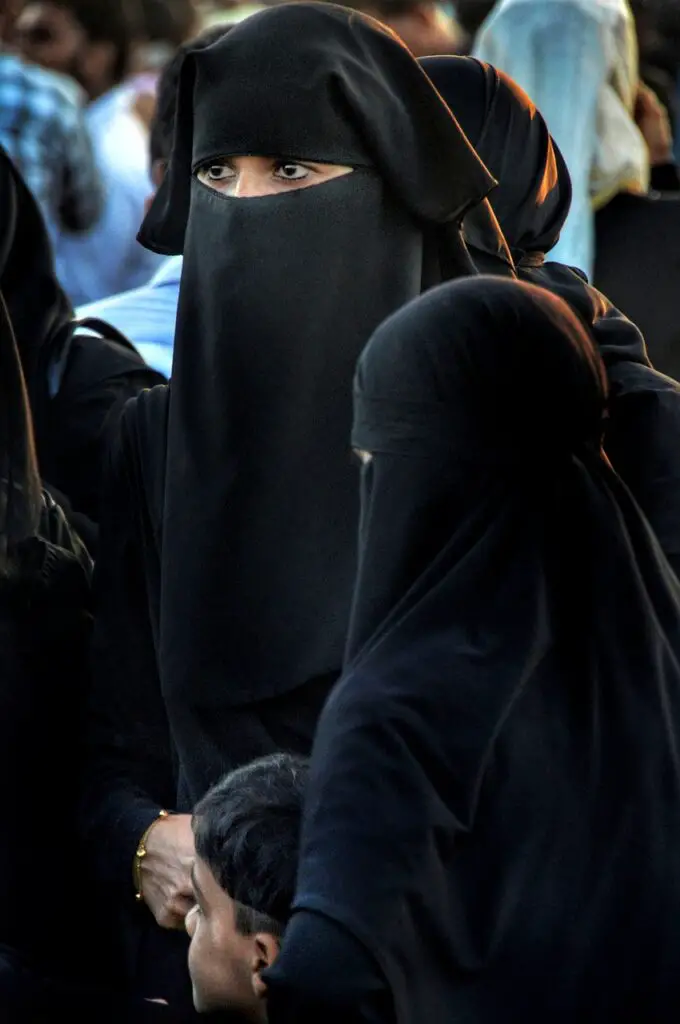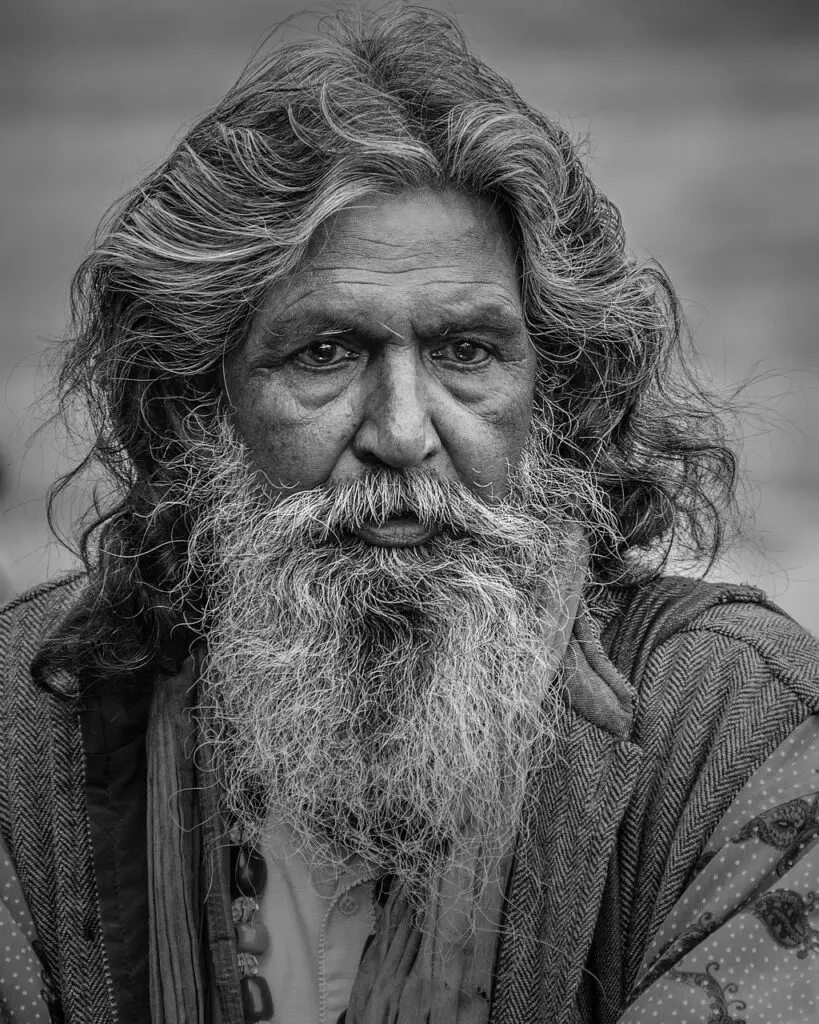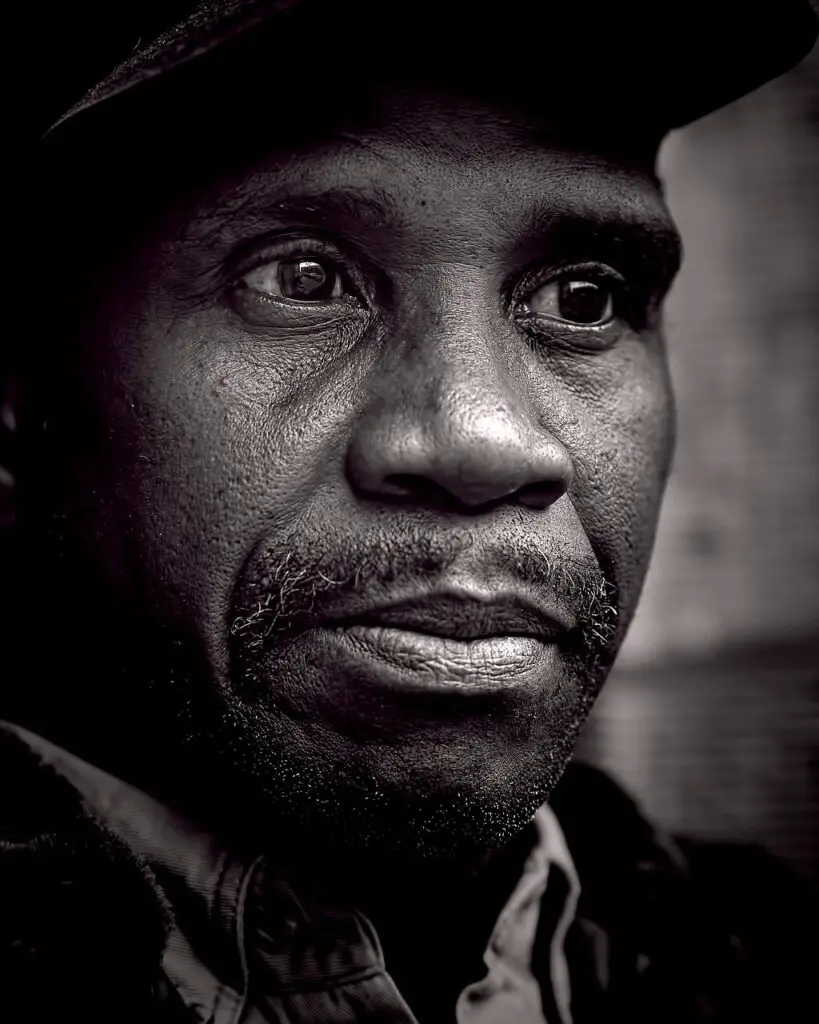-
Meet the Professor: Dr. Stephanie Wilson, Sociologist, Educator, and Co-founder of Applied Worldwide
Stephanie: Sociologist, Creator, Researcher 2. As a co-founder of Applied Worldwide, could you briefly explain the organization’s mission? Stephanie: Our mission is to build a bridge between the discipline of sociology and everyday life to improve the well-being of society. As a sociologist, I see endless ways that sociological knowledge could benefit society, but our…
-
THE COMPARATIVE METHOD IN SOCIAL ANTHROPOLOGY
The purpose of comparative method in social anthropology is to study varieties of form of social life and to understand human social phenomena. Franz Boas delineated two methods in the study of anthropology. First, was to reconstruct the history which means to understand the past and reconstructing theories in present. Second, was comparison of social…
-
Interview with Assistant Professor Katie Durante, University of Utah, Department of Sociology
1. If you had to describe yourself in three words, what would they be? Integrity, light-hearted, responsible 2. Can you discuss some of your key findings regarding racial and ethnic inequality in the criminal legal system and how it has evolved over the years? One of the areas of research I focus on is racial…
-
Interview with Dr. Christina Jackson: Insights into Sociology, Activism, and the Journey Ahead
Short Bio: Dr. Christina Jackson, an Associate Professor of Sociology at Stockton University, specializes in urban sociology, social welfare, and inequality from sociological and public health perspectives. Beyond academia, she’s an engaged scholar-activist, facilitating and consulting with community partners and creative groups on topics like anti-violence, gentrification, housing, food justice, and racial justice. She’s co-authored…
-
How To Apply Sociology In Everyday Life: Explained Real Examples
Sociology is the study of society through many theoretical perspectives. The most important lesson of sociology is that society is not an external object to be studied. Instead, all of us are active members of society and constantly influence it. Thus, sociology can be applied in everyday life by all members of society. This article…
-
what is startup company and what makes a startup successful
There is a term known entrepreneurship that is slipping into everybody’s dictionary. It is the basis of starting a new venture, i.e. Startup Company. In layman language it can be defined as a business setup which will demand maximum hours for various functions like reaching maximum people, raising its market value but in the end,…
-
Backward Classes and Dalit Movements in India (Summary)
Historically speaking, India is of those countries where there is a maximum number of downtrodden sections. The idea of education especially western education was made compulsory for superior classes only. Moreover, lower castes were detached from every cultural and religious activity. M.N. Srinivas described that more Sanskritization was not adequate for the lower classes. Therefore,…
-
Difference between life chances and lifestyle
Life Chances is a theory propounded by famous sociologist Max Weber. This term embraces the description of opportunities and recourses that one gets to improve the prevailing condition of one’s life. Opportunities in this context refer to one’s ability to access resources both visible and intangible goods like food, shelter clothes, and education and health…
-
Higher education in India: Problems and Suggestions
Higher education v/s primary education: Debates on educational transformation have found their place in every political agenda. The government is constantly focused on finding out the best possible ways to reform the education system. To become an economic power it is essential to focus on higher education. It is commonly found that even after several…
-
Difference between Family and Household : Sociology Notes
Households and families are basic units of analyzing demography. They are often used as interchangeable words but there’s a distinction between the two of them. And it is important to understand the difference between both of these terms. Family: ‘Family’ has no particular definition. It could mean all the generations after a common ancestor (an…
-
Marx’s ideas on modes of production
Karl Marx was a German philosopher and sociologist. Besides, he mastered many other subjects like economics, political theory, history, etc. In Marxism, the mode of production is a very important concept. It refers to the way in which a society is organized so as to produce goods and services. It is composed of two main…
Follow us On Instagram @sociology_official
Show off your social photography skills! Share your most engaging shots on our Instagram and let the world see your unique perspective.







Leroy_Skalstad


